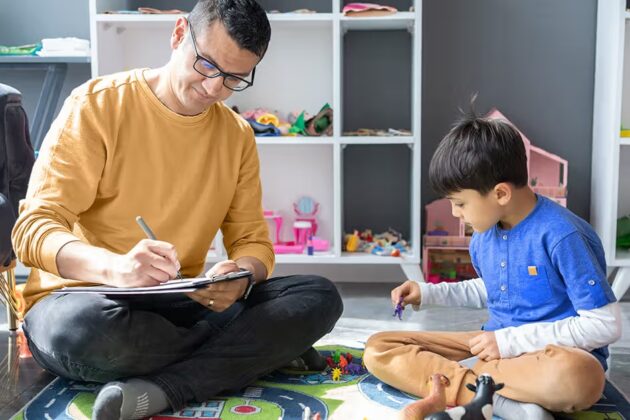OBH provides comprehensive behavioral based consultative services to both residential and day treatment programs throughout the...
Applied behavior analysis (ABA) is the science of applying specific strategies and techniques to understand...
OBH provides on-site, comprehensive psychological and developmental evaluation services for children and adolescents under the...
Research indicates that the earlier intervention/treatment is applied to individuals with developmental delays, the better...
OBH is a contracted provider of school-based intervention services. Our organization has received certification as...
Therapeutic services are offered in a variety of contexts depending on the particular need of...
Parent training services teach an alternative way of perceiving and responding to a child through...







